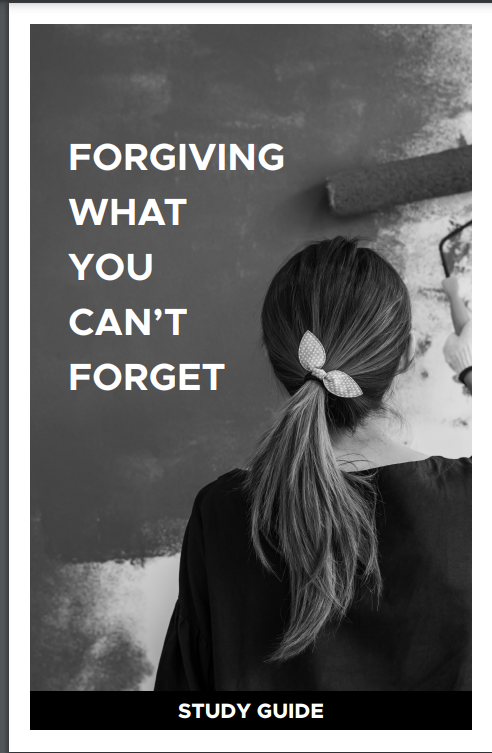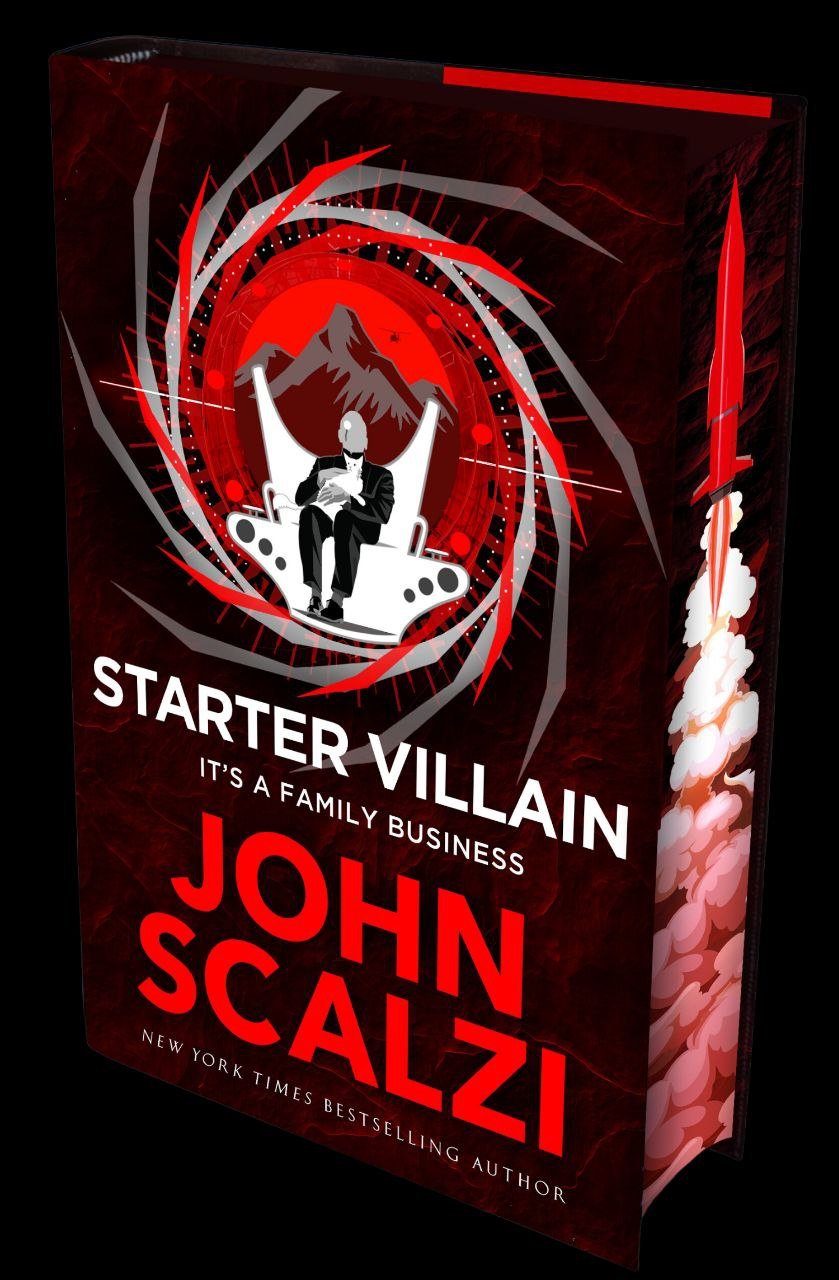.jpg)

Forgiving What You Can't Forget
Private Book Reader
Upload and read your personal PDF books in our secure reader
Read Your Private BookShort Audio Book Summary
Forgiving What You Can't Forget Summary
0:00 / 0:00Reviews
No review yet. Be the first to review this book!
Description
Forgiving What You Can't Forget: Healing the Hurts We Don’t Deserve by Lysa TerKeurst is a powerful and emotional book about forgiveness and healing from deep emotional wounds. It helps readers understand that forgiveness isn't just about letting go of anger or resentment but is a crucial step toward finding peace and freedom from the past. The book is divided into chapters that guide the reader through different aspects of forgiveness, from understanding what it truly means to forgive, to how forgiveness can free us from bitterness and brokenness. Lysa shares her own personal experiences of betrayal, pain, and healing, offering practical advice and biblical wisdom throughout the book. Here’s a breakdown of what you might find in a study guide for Forgiving What You Can’t Forget: 1. Understanding the Power of Forgiveness Key Concepts: The definition of forgiveness, why it's necessary, and the difference between forgiveness and reconciliation. Discussion Questions: What does forgiveness mean to you? What are some common misconceptions about forgiveness? 2. The Struggles of Forgiving Key Concepts: The emotional difficulty of forgiving someone who has hurt you deeply and the natural resistance to it. Reflection Questions: What are the specific challenges you face when trying to forgive? How do you feel about the person or situation you're struggling to forgive? 3. Releasing Resentment and Finding Peace Key Concepts: Letting go of bitterness and anger, and learning how to find peace after hurt. Action Steps: Make a list of people or situations you need to forgive. Reflect on how holding onto anger has affected your life and emotional well-being. 4. Healing Through the Process Key Concepts: How forgiveness leads to personal healing, the importance of emotional release, and using faith and prayer in the healing process. Questions for Group Discussion: How has your perception of forgiveness changed after reading this chapter? What steps can you take to begin the healing process? 5. Forgiveness as a Lifelong Journey Key Concepts: Forgiveness isn’t a one-time event; it is a continuous practice and part of emotional growth. Personal Reflection: Reflect on your journey with forgiveness. Have you experienced moments where you thought you’d forgiven, but then the feelings resurfaced? What are some daily practices you can implement to continue forgiving? 6. The Role of Faith in Forgiveness Key Concepts: Drawing on spiritual strength to forgive, trusting that God can help you through the process of healing and forgiveness. Discussion Points: How does faith impact the process of forgiveness in your life? What scriptures or prayers can help you during moments of doubt or struggle with forgiveness? 7. Practical Tools for Forgiveness Key Concepts: Practical steps for releasing pain, dealing with reminders of hurt, and forgiving in everyday situations. Action Plan: Create a forgiveness plan for yourself—what specific actions will you take to move forward? 8. Moving On After Forgiveness Key Concepts: Forgiveness leads to freedom and peace, but it also means not allowing past hurt to define you. Closing Questions: How can you ensure that forgiveness leads to lasting change in your heart and actions? How does letting go of past hurts affect your future relationships? Final Thought: This study guide can help readers process Lysa TerKeurst’s message and apply forgiveness to their own lives. The goal is not just to forgive others but to experience the healing and peace that come with releasing old hurts and allowing space for new emotional growth. Each section is designed to be reflective, allowing readers to go deeper into their own journey of forgiveness and healing.












 Apr 30, 2025
Apr 30, 2025
























.jpg)
.jpg)

.jpeg)









.jpeg)


.jpeg)






.jpg)





.png)


.jpeg)


.jpg)






.jpg)


.jpg)




.jpeg)













































